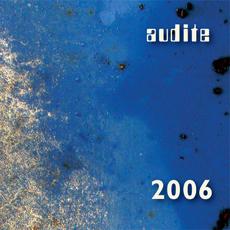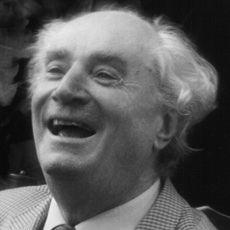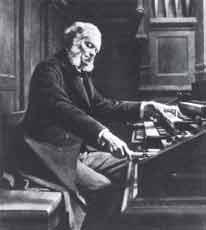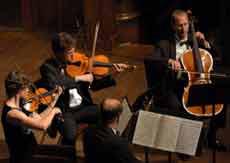
Neuigkeit Dec 30, 2005 News Award for audite production
C. Franck: Complete Organ Works Vol. I, the first double-SACD of our Complete Edition of Organ Works by César Franck won a Supersonic!
The Supersonic is awarded by the music magazine “Pizzicato”. We are happy about this recognition for the first part of the complete edition.
You can find the whole review here.
C. Franck: Complete Organ Works Vol. II and C. Franck: Complete Organ Works Vol. III are already available, too.
The Supersonic is awarded by the music magazine “Pizzicato”. We are happy about this recognition for the first part of the complete edition.
You can find the whole review here.
C. Franck: Complete Organ Works Vol. II and C. Franck: Complete Organ Works Vol. III are already available, too.








